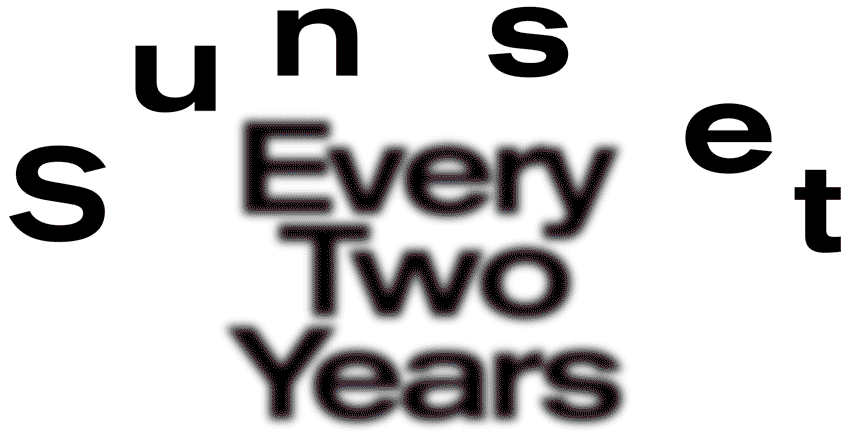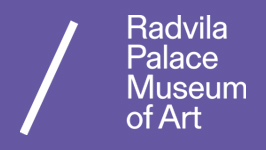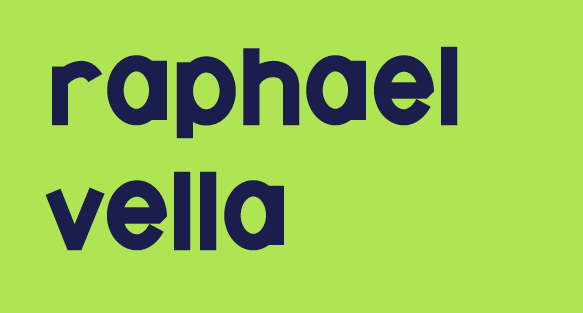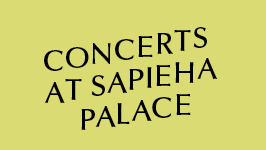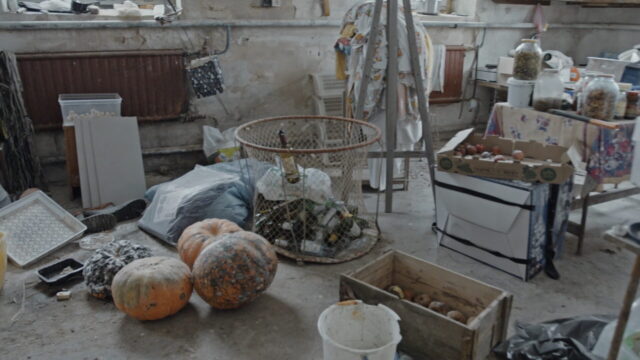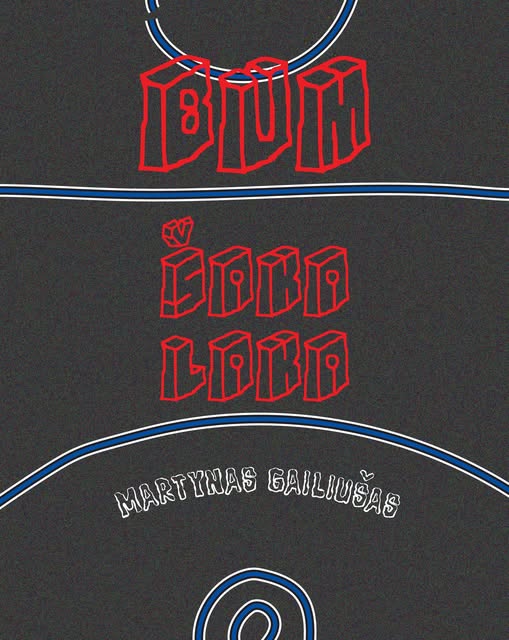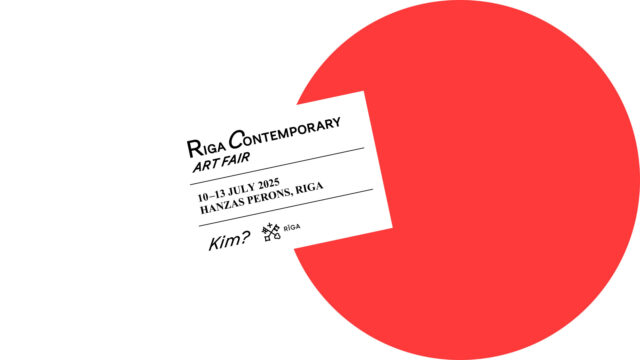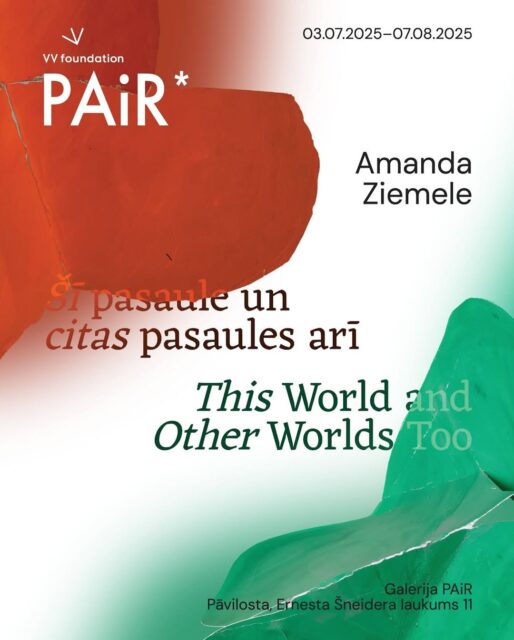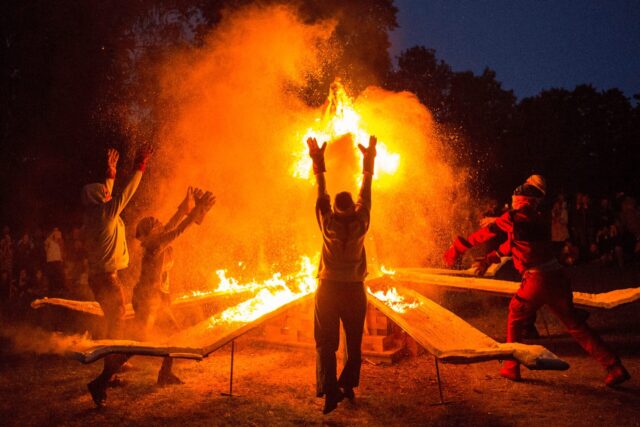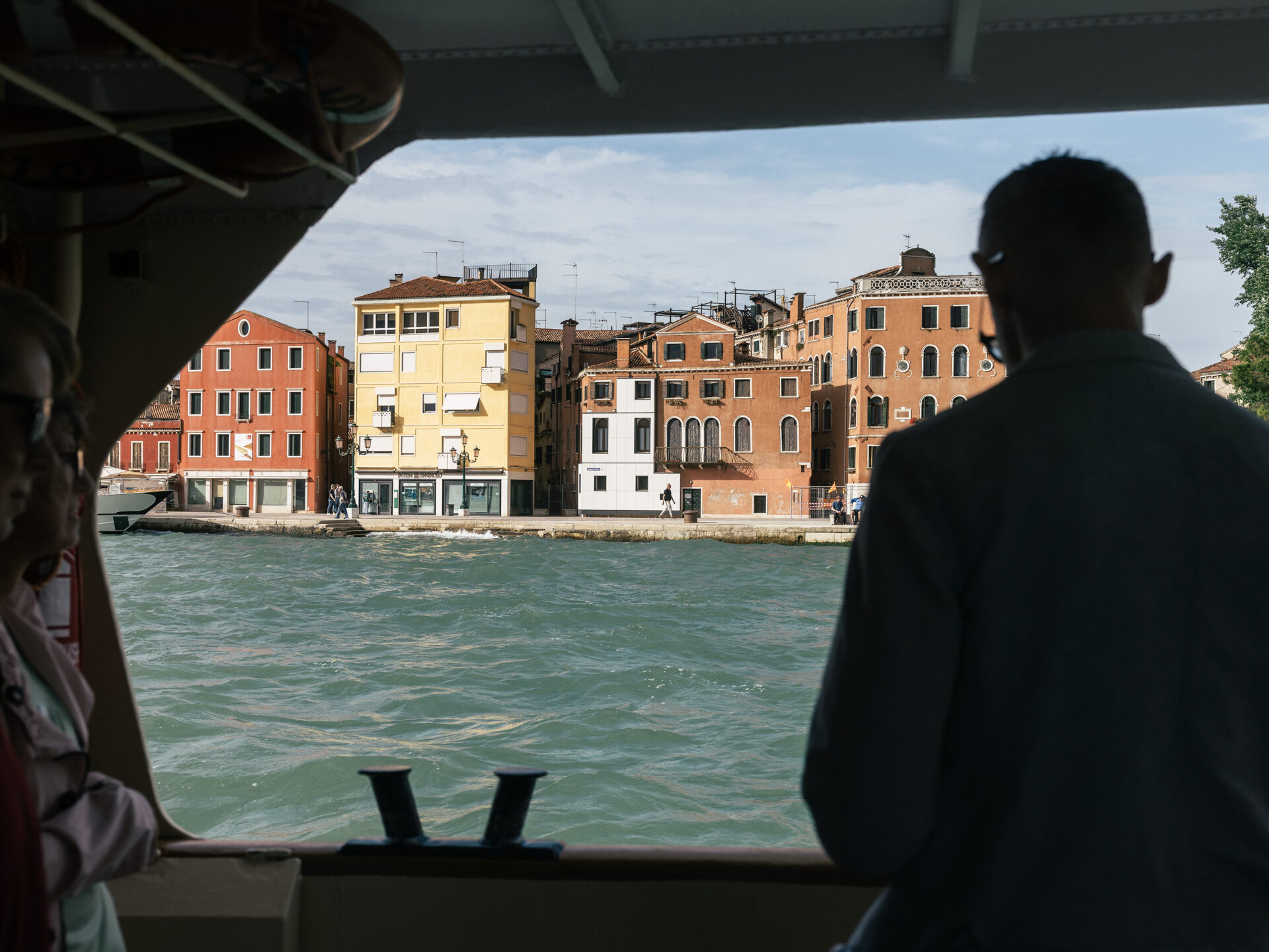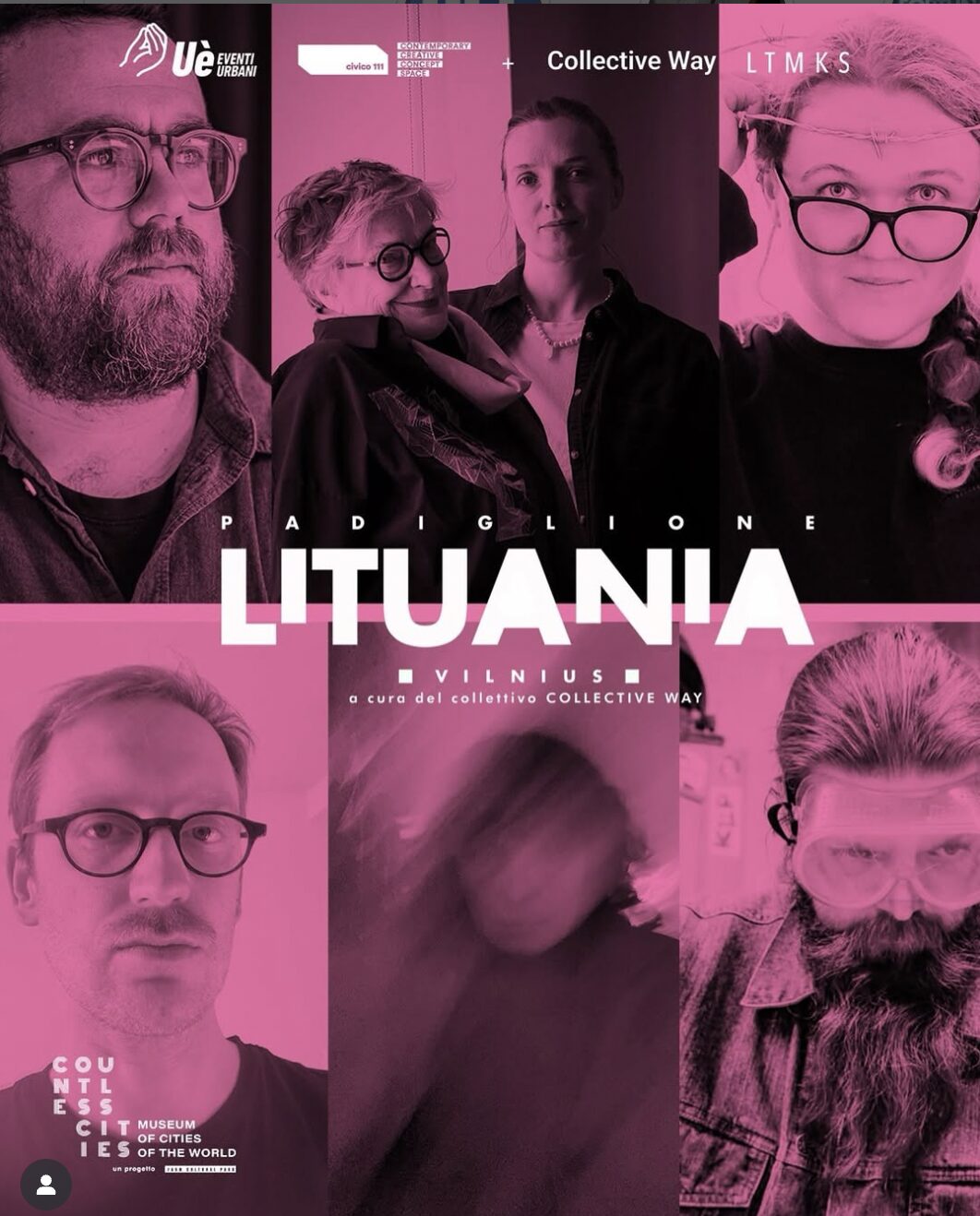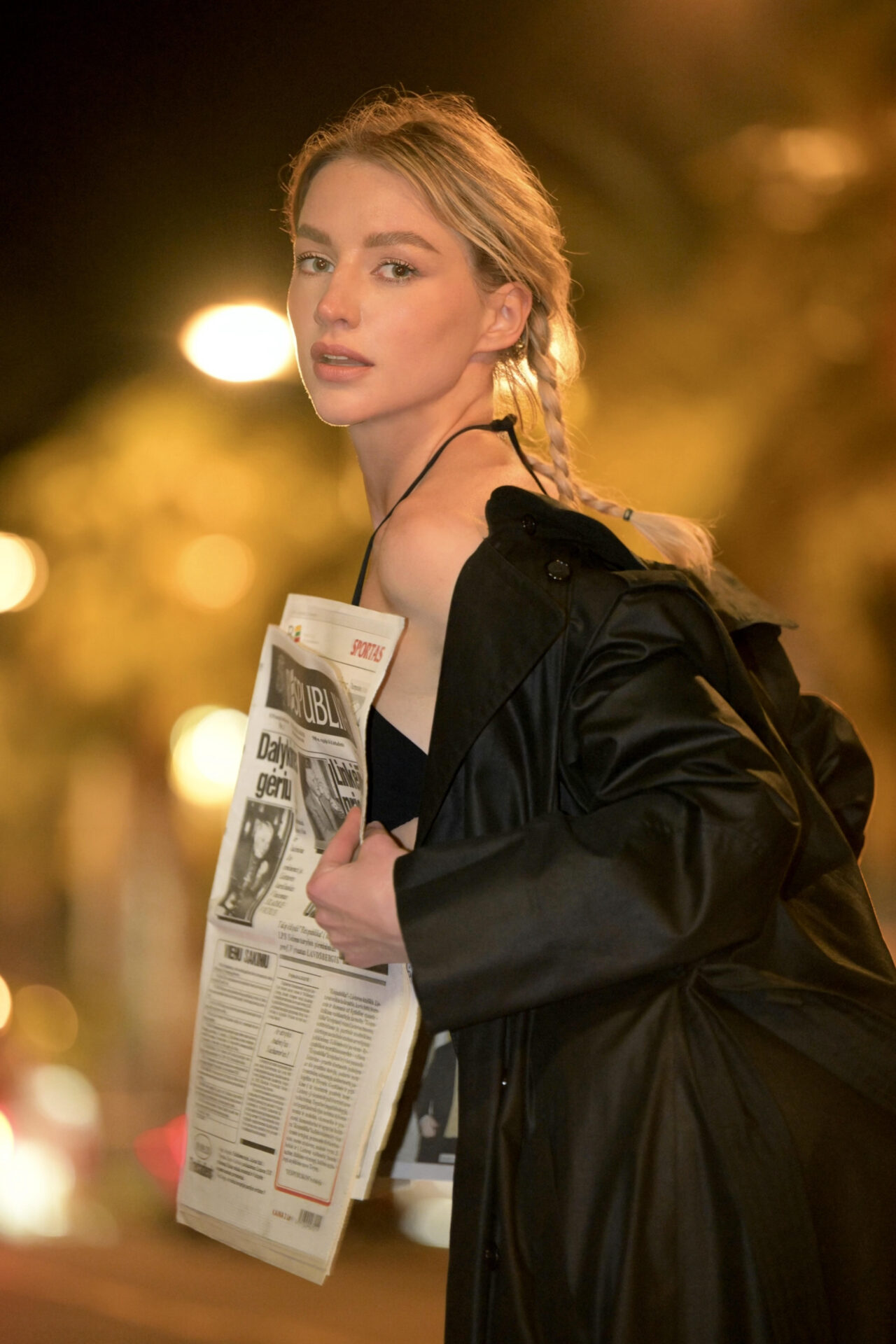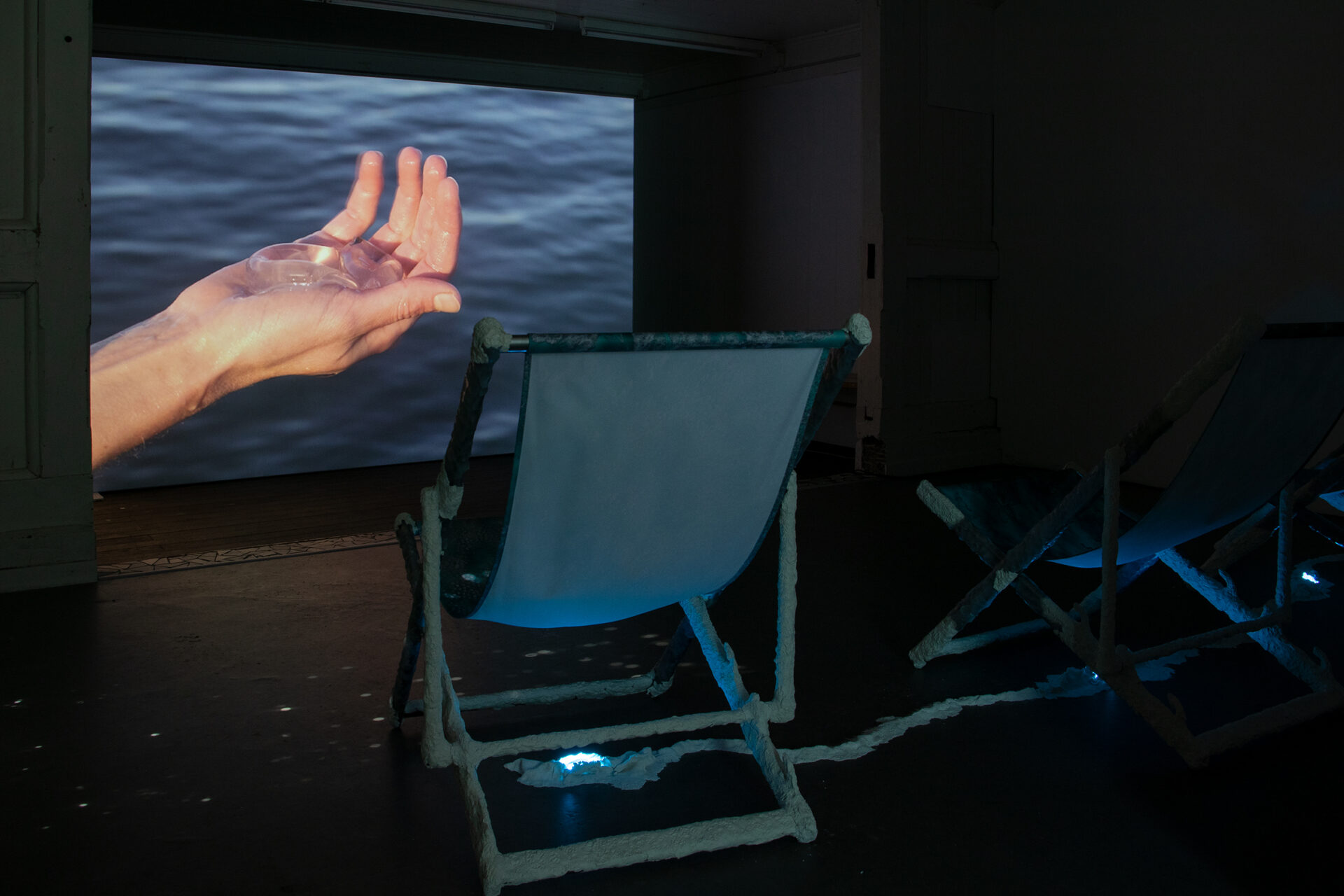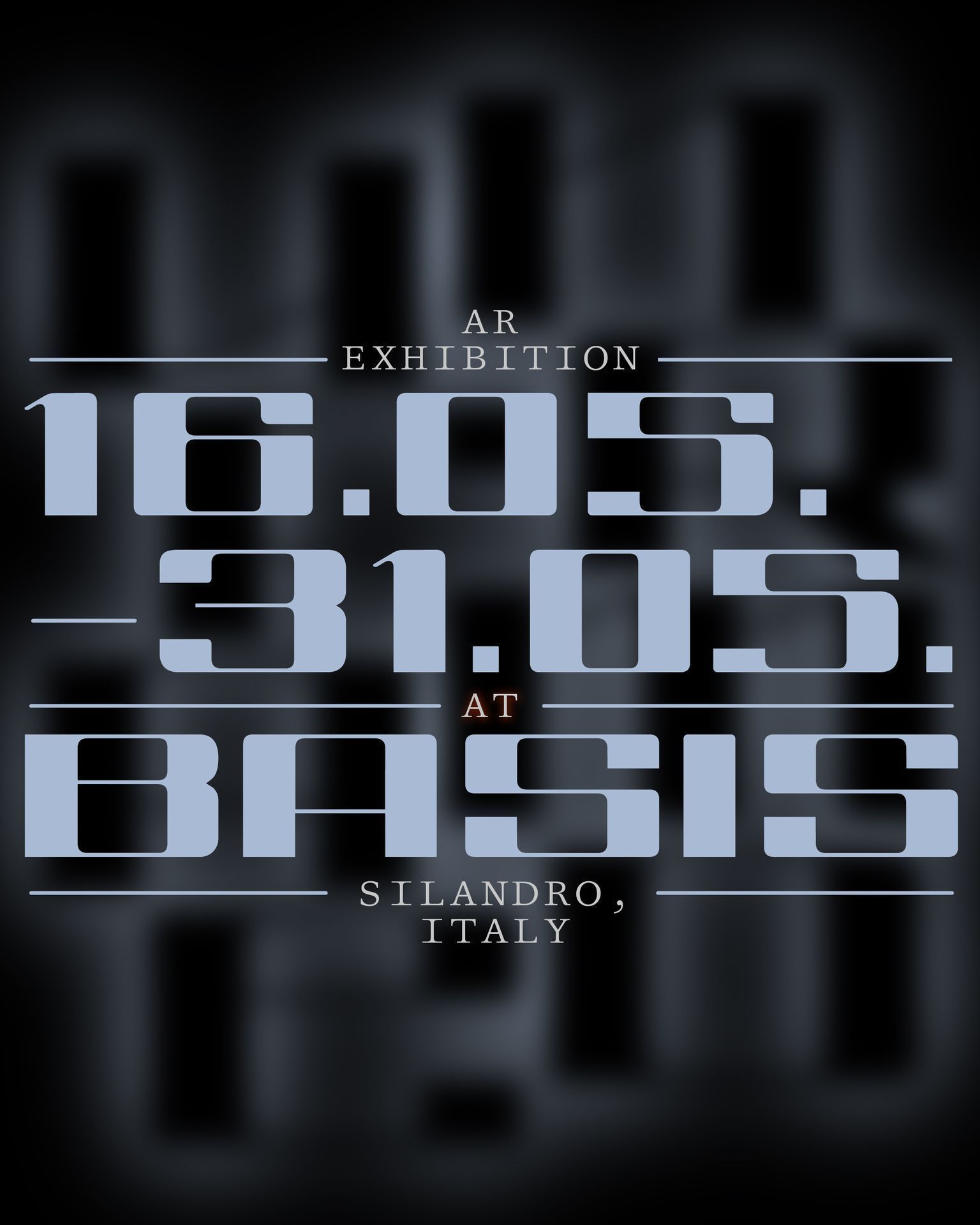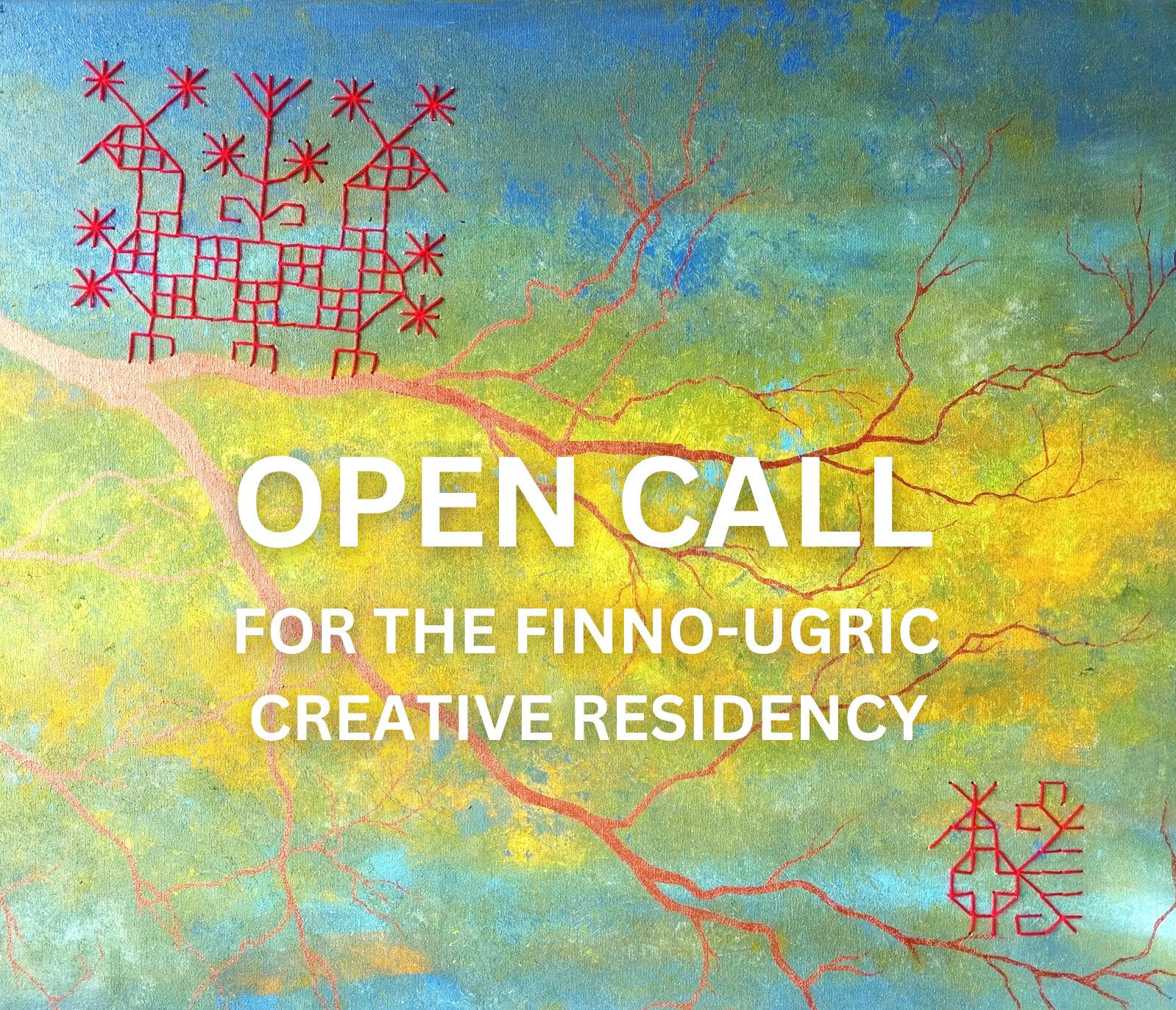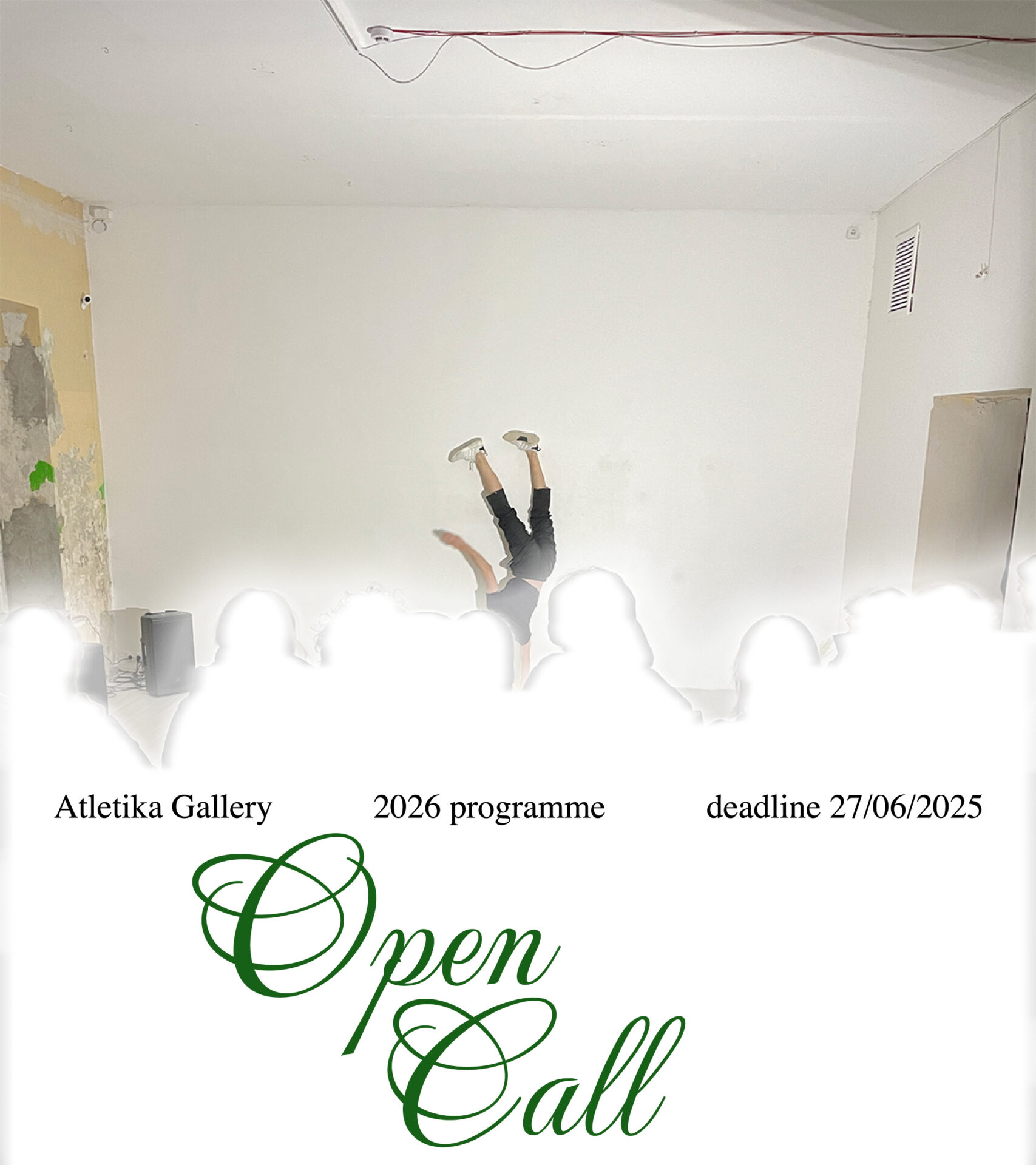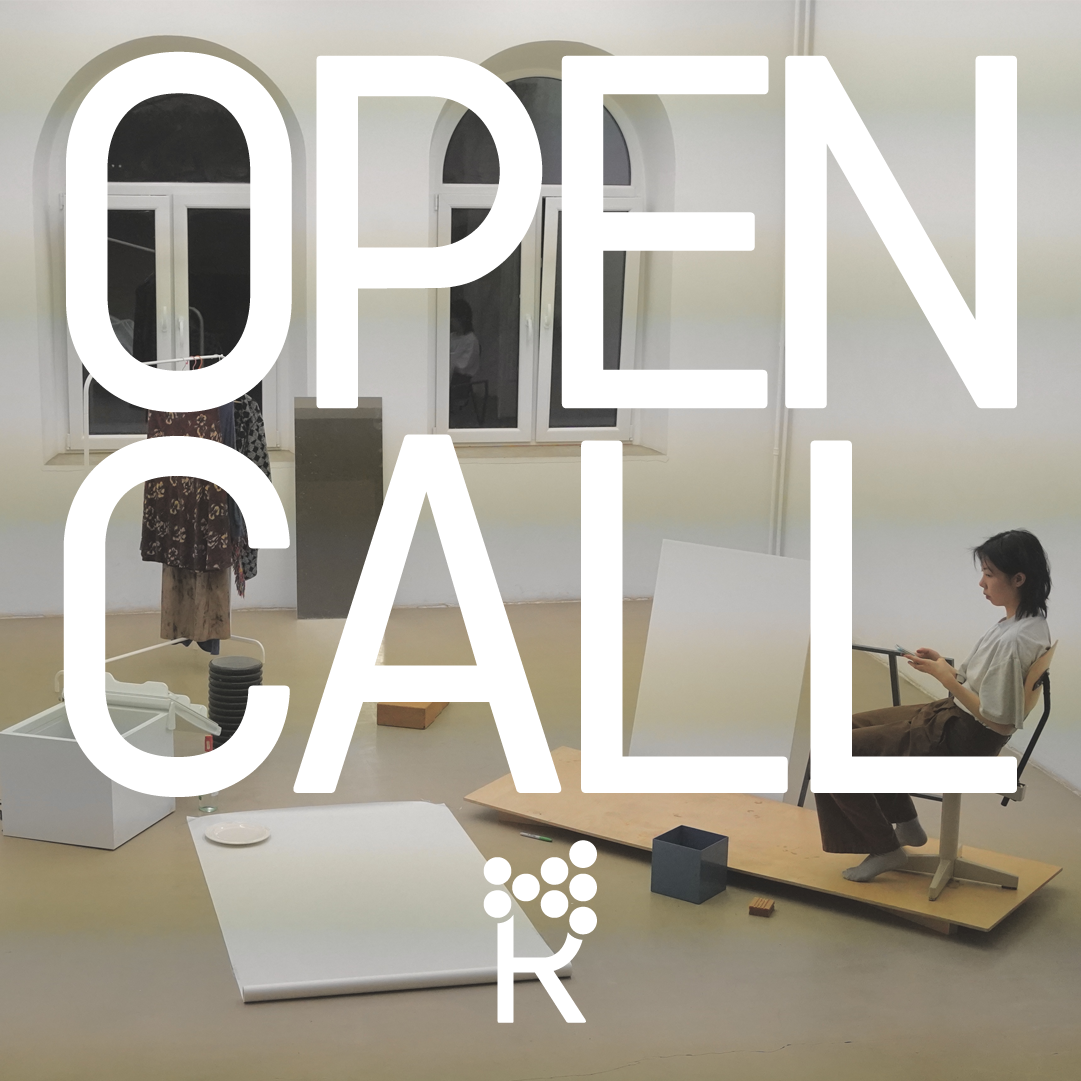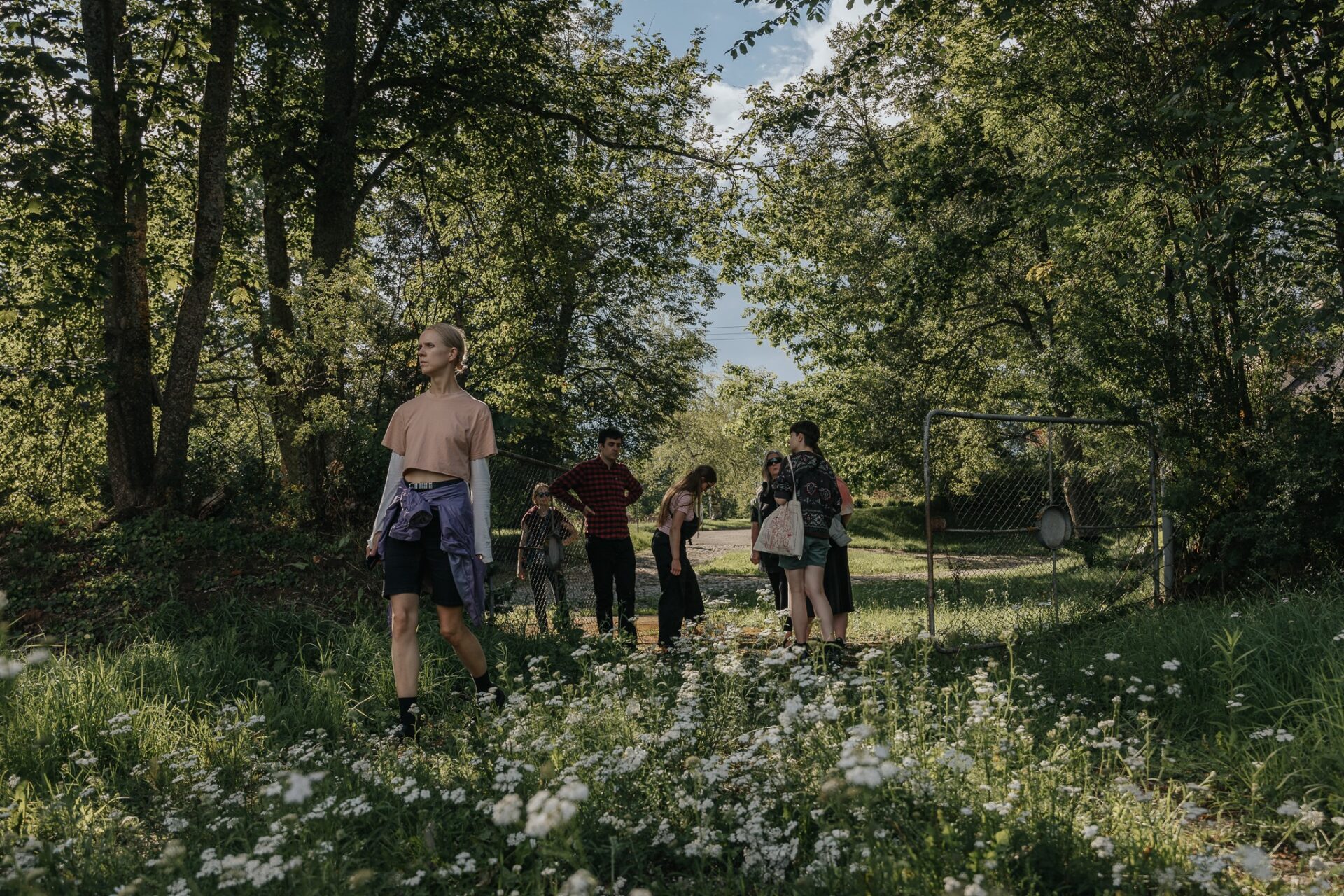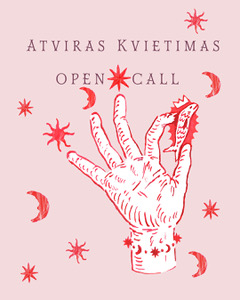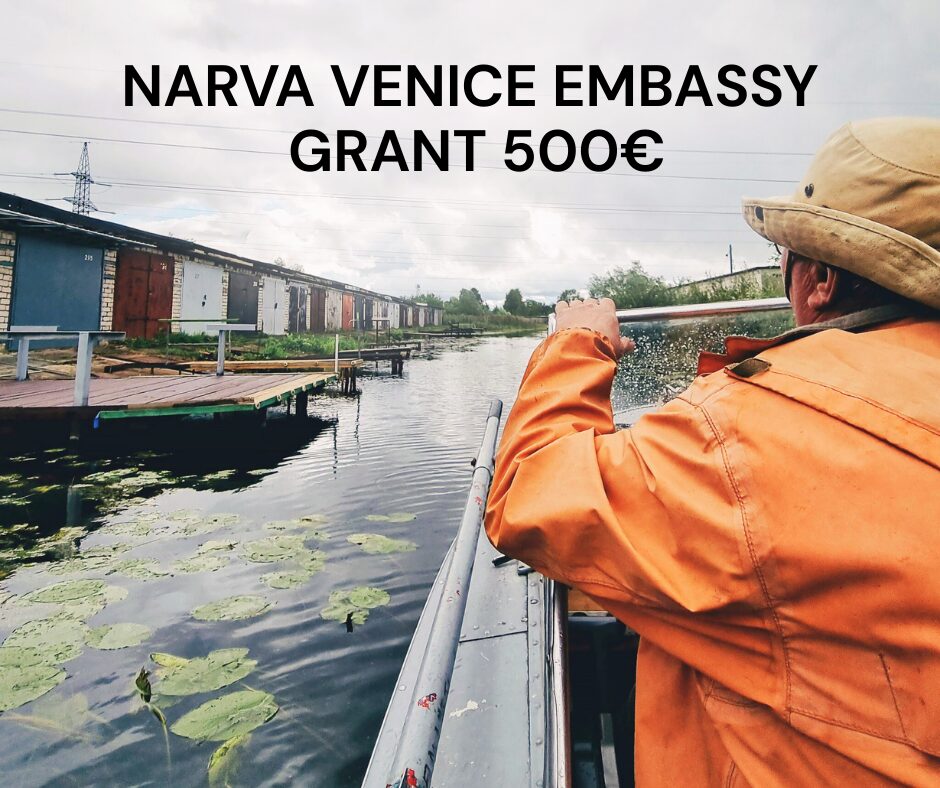During this difficult time, when digital communication has become the main form of communication for many people around the world, several of the Riga Photography biennial’s NEXT exhibitions and events have gained even more relevance, focusing on the heritage of today’s digital age and its impact on our perception, cognition and image culture in general. This year the Riga Photography Biennial – NEXT will also present an education programme. The first event of the programme is “Re-Visions” – international online symposium from 18.00 to 19.30 on 8, 9 and 10 June. “Re-visions” will take place on Riga Photography Biennial Facebook platform and is free of charge.
Symposium focus is on the fundamental role of technology in the development of art and the exploration of innovative, creative concepts and the new opportunities and experiences for exhibiting art that artists have learned and implemented during the pandemic. The emphasis will be on the digital environment and digitisation processes, both as a unique project and as a solution to a crisis. Symposium participants: Vika Eksta (LV), Luna6, Jonas Lund (SE), Paola Paleari (IT/DK), Mike Pepi (US), Siim Preiman (EE), Airi Triisberg (EE); symposium concept – Elīna Ķempele (LV), Agnese Pundiņa (LV); curator: Agnese Pundiņa (LV).
The development of contemporary art has seen the emergence of ever new creative strategies, formats and organizational practices, a challenging and redefining of existing boundaries on many levels, as well as shifts in the relationship between art and the artist with the spectator and society at large.
Technology has played a fundamental role in the development of art. The internet and new media have not only served as a unique resource for creating, distributing and archiving art, but have also provided new opportunities for exhibiting and experiencing it. In the spring of 2020, with the spread of Covid-19 turning into a global pandemic, these virtual and online formats took on an unprecedented relevance. In order not to lose touch with the audience and abandon previous plans completely, “relocation” to the internet environment was an effective strategy for many exhibitions and other arts and cultural projects. At the same time, such attempts to “relocate” various experiences to a digital format have led to discussions about the strategies and opportunities of contemporary art.
Undoubtedly, the field of arts and culture is currently undergoing changes, asking the important question of whether we are ready to adapt or whether we will stick to traditional forms of experience. Each exhibition or cultural event is not just the end result of an artistic idea, but an experience for the potential viewer. When designing events, it is important to assess how and whether they will reach the audience, and who this audience will ultimately be. 2020 has brought about changes in how contemporary art and cultural experiences are organized. Projects that are originally created for a digital environment differ from face-to-face events transferred to a virtual space in parallel with an existing event. They offer different experiences and utilize different strategies, in both cases being aware of who is the end user.
The aim of the Re-visions symposium is to identify and analyse projects and initiatives, strategies and personal experiences of artists, organizations and institutions as examples of interesting practices, focusing on the digital environment and digitization processes both as unique projects and as solutions in a crisis. The programme of this digital format symposium is divided into three sub-themes to be covered in three days, thus offering an in-depth focus on a variety of experiences.
The first day will be dedicated to NGOs as well as marginal organizations within the arts and culture field: the strategies, goals and motivations of the curator/organizers in establishing such a space, creating content and involving new participants. Airi Triisberg will share her curatorial experience of working with ideas, space and society. In turn, Gabrielė Gervickaitė and Noah Brehmer will reflect on the Luna6 hub in Vilnius and its tasks and goals, focusing on their experience during the pandemic. (https://fb.me/e/Q2lG489n)
The second day is dedicated to the experience of artists and curators working with technology, digital content, data and algorithms: how digital technologies affect artists, the art environment and the viewer. The starting point for the discussion with artist Vika Eksta and curator Paola Paleari is the ‘Snakes and Ladders’ project (http://www.anmgallery.com/snakes-and-ladders/), an art exhibition designed for digital environments, thus dedicating this talk to works of art and exhibitions created for digital environments as opposed to works that are merely transferred to digital environments. In turn, Jonas Lund will reflect on his artistic practice, themes and digital content and its impact. By examining projects that have already taken place, artists and curators will reflect on the current situation and future potential. (https://fb.me/e/1eJq3Hm4r)
The third day is dedicated to the experience of institutions in working with digital exhibitions: project implementation, the necessary resources, motivation, as well as audience feedback and evaluation. Does digitizing an exhibition really make it accessible to people who can’t see the exhibition in person? Curator Siim Preiman will talk about this type of experience based on digital exhibitions at the Tallinn Art Hall. Art theorist Mike Pepi will focus on the impact of digitization, new technologies and artificial intelligence on contemporary culture and how they alter our experience. (https://fb.me/e/2lO8JbRzO)
The themes, speakers and experiences of the symposium provide an opportunity to explore innovative and creative concepts and evaluate traditional forms of creation, collaboration, organization and experience. The aim is not only to inspire new creative experiments, but also to evaluate and strengthen the organizational practices of art projects and their independence.
The Riga Photography Biennial – NEXT is an international contemporary art event focusing on the analysis of visual culture and artistic representation. NEXT focuses on young and promising artists from the Baltics, Nordic countries and Europe who are still in the early stages of their careers. By introducing young and promising artists and curators, the NEXT programme offers visibility and provides a platform for artists and curators to announce themselves to a wider context.
NEXT 2021 friends and partners: Target program “KultūrELPA”, State Culture Capital Foundation, Ministry of Culture of the Republic of Latvia, Riga City Council, Nordic Council of Minister’s Office in Latvia, Printing house ‘ADverts’, Arterritory, Satori, LSM, Blok Magazine (PL), Punctum, Literatūra ir menas (LT), Latvijas Radio, Radio NABA.
Publicity image:
Collage: Agnese Pundiņa (Photo by J. R. Eyerman/The LIFE Picture Collection © Meredith Corporation)

